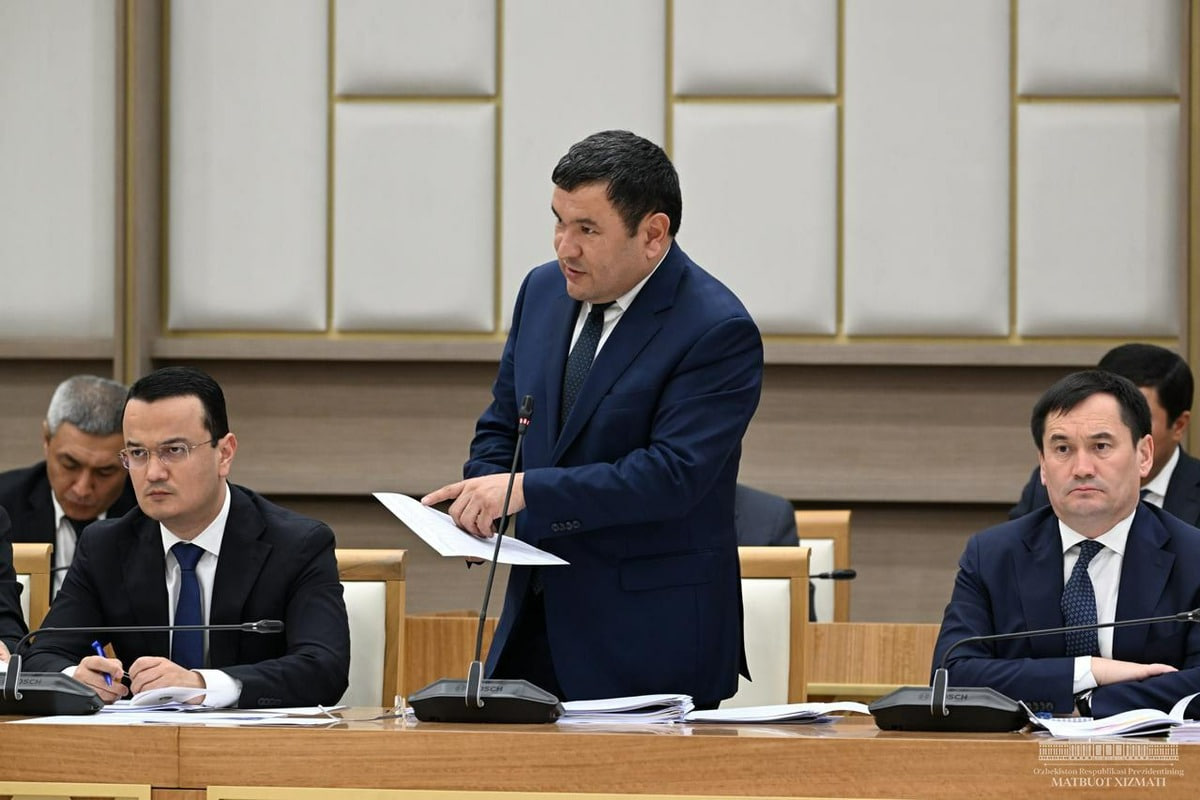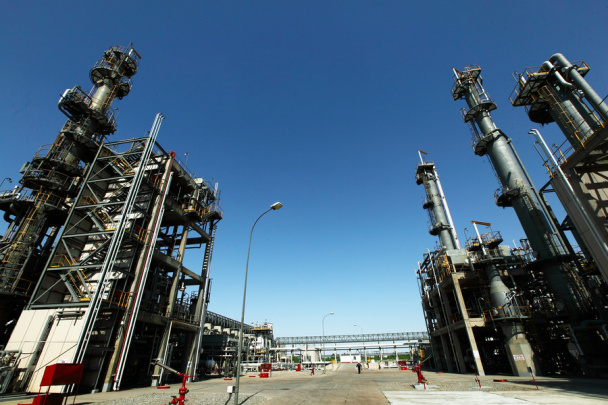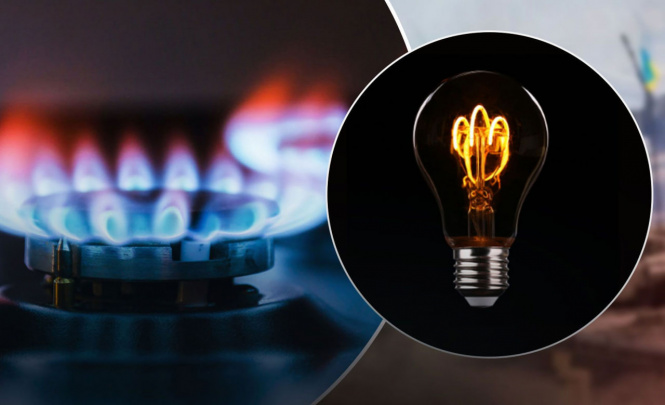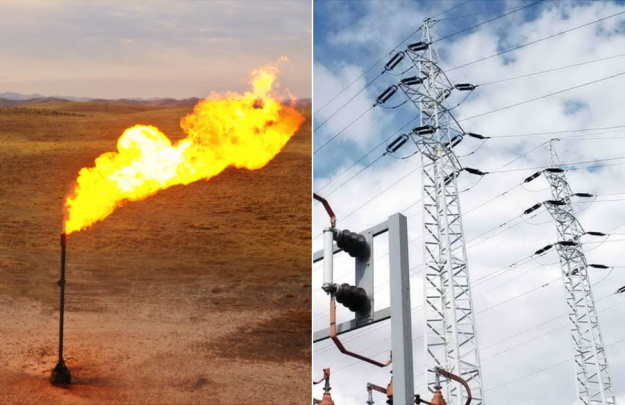Uzbekistan to remove tax benefit limits for solar panel installations as part of green energy expansion
In the Bukhara region, only 10% of consumers who installed solar panels have received payment for the electricity generated.

Shavkat Mirziyoyev held a meeting on the socio-economic development of Bukhara, during which it was noted that an additional $100 million would be allocated for the development of the region.
The president stressed that the Bukhara region could save 900 million kWh of electricity and 400 million cubic meters of gas—20% of the total consumption. Additionally, it was proposed to save up to 25% of electricity and gas through the upgrade and inspection of equipment at large enterprises.
By installing solar panels with a capacity of up to 3 kWh on 200,000 properties, 600 MW of electricity could be generated. This would offset 20% of the electricity consumption in the Bukhara region.
However, the head of state criticized the fact that only 10% of individuals and legal entities (292 out of 2,750 entities) who installed solar panels have received payment for the electricity sold.
By the end of the year, Shavkat Mirziyoyev instructed officials to connect households, neighborhoods, and solar panel installers to "implement radical changes" in the field of "green" energy.
In addition, the goal was set to stimulate the use of alternative energy sources and expand the availability of energy-saving equipment and solar panels.
The president ordered the Tax Committee to lift the limitation on the use of land and property tax benefits when installing solar panels.
The meeting also proposed attracting the private sector more widely to supply the population with liquefied gas and to introduce corresponding initiatives.
According to a presidential decree dated February 16 of last year, the state purchases electricity from the population at 1,000 UZS per kWh. Entrepreneurs can sell electricity directly to other companies at a negotiated price.
As of April 1, 2023, individuals and legal entities installing alternative energy devices with a total capacity of 100 kW are exempt from:
- Property tax on the installed devices;
- Land tax on plots occupied by renewable energy devices (RE);
- Income tax on profits from the sale of electricity generated by renewable energy sources to the general grid.
The tax benefits will last for three years from the date of the devices' launch. However, if an entrepreneur or citizen installs an energy storage system with a capacity of at least 25% of the installation's capacity, the benefits will be extended to a period of up to 10 years.
Related News

15:25 / 29.03.2025
Uzbekistan earns over 4 trillion UZS from electricity sales in 2024

15:06 / 28.03.2025
Bukhara oil refinery fined for market manipulation, Competition Committee keeps figures secret

14:16 / 28.03.2025
Energy tariff increase pushed back to May

15:18 / 27.03.2025



